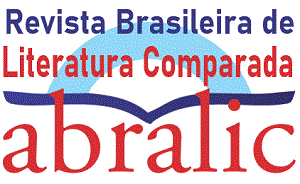ABSTRACT
The different modalities of transit literature (travel literature, post-colonial literature, literature on national or international migration flows, or transnational literature) reenact contact with otherness. These encounters can happen under other cultural configurations, but can also be experiences within the context of socialization itself. In both cases, there is a displacement that produces encounters, in which networks of meaning interact. In this interaction, the way of looking at the world plays an important role, so that the individual can try to maintain its primary networks of meaning, look for a revision or even make an effort to generate a confluence, in which the meanings of others are reciprocally absorbed. Implicit to the different forms of transit, there is always an attitude towards the difference that the individual is faced with. This attitude refers to the strategies of meaning management, which differ according to the personal narrative and worldview of the partners engaged in the interaction. With this in mind, this article aims to discuss the emergence of paths of perception in transit literature and, subsequently, analyze its representation in two novels: Güney Dal’s Europastraße 5 and in Olga Grjasnowa’s Die juristische Unschärfe einer Ehe.
KEYWORDS:
transit literature; Europastraße 5; Güney Dal; Die juristische Unschärfe einer Ehe; Olga Grjasnowa
